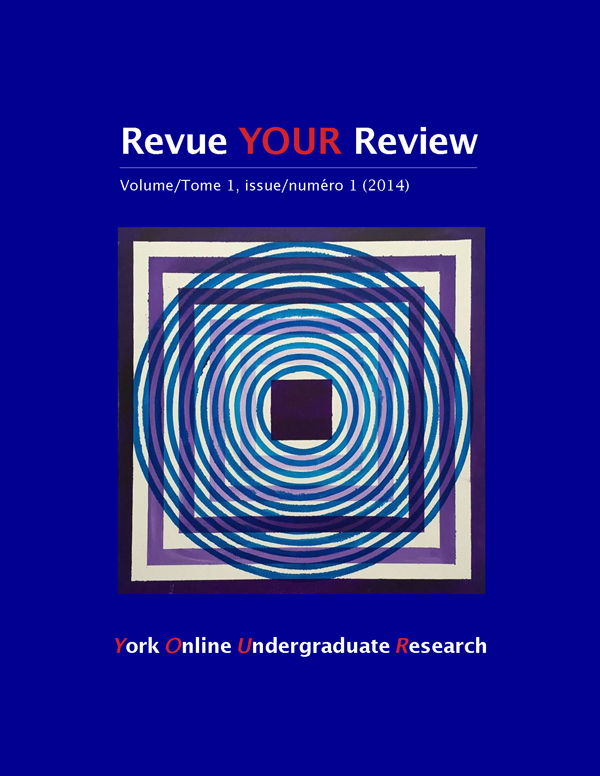Dreams of Today: Analyzing the American Dream on Film in the Context of Contemporary America
Abstract
The American Dream is a central component of American culture and image; its frequent exploration in popular culture means the concept is familiar to domestic and global audiences. However, in the context of a profound economic recession and internal social and political struggles, the American Dream is met with increasing skepticism, both within the United States’ borders and abroad. In this paper, I investigate how contemporary representations of the American Dream on film are reflecting and dealing with this remarkable historical period when the Dream is in decline. I examine the concept’s origins, exploring how it has evolved to mean domestic felicity and economic security. I discuss how it has been interpreted in popular culture, with a focus on more recent interpretations, and in particular a close reading of the 2011 film The Descendants. Employing textual analysis, personal observations, and an analysis of the film’s wider cultural meaning in light of its box office performance, awards, and reviews, I argue that the film represents a reworking of the American Dream, emphasizing land and domestic felicity over economic security and the “good life.” I suggest that this conception is likely a result of the current state of the Dream, particularly the impossibility of achieving the “economic security” component.How to Cite
Issue
Section
License
Authors contributing to Revue YOUR Review agree to release their articles under one of three Creative Commons licenses: Creative Commons Attribution 4.0 International; Creative Commons Attribution-NonCommercial 4.0 International; or Creative Commons Attribution-NoDerivatives 4.0 International. All editorial content, posters, and abstracts on this site are licensed under Creative Commons Attribution-NoDerivatives 4.0 International. For further information about each license, see:
https://creativecommons.org/licenses/
In all cases, authors retain copyright of their work and grant the e-journal right of first publication. Authors are able to enter into other contractual arrangements for the non-exclusive distribution of the e-journal's published version of the article (e.g., post it to an institutional repository or publish it in a book or in another journal), with an acknowledgement of its initial publication in this e-journal.


